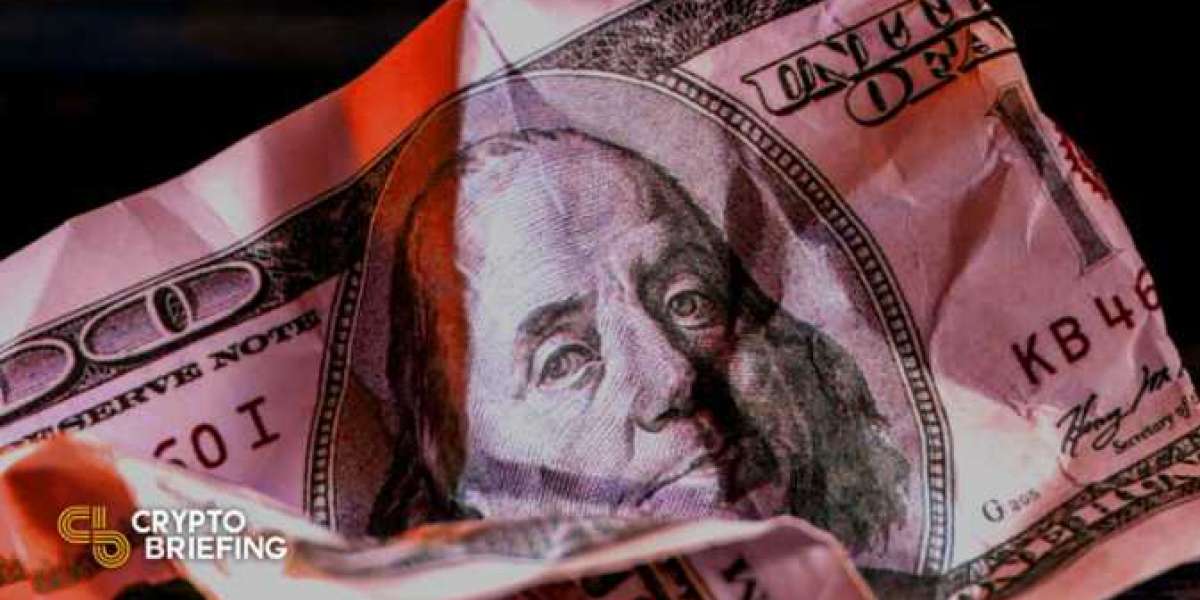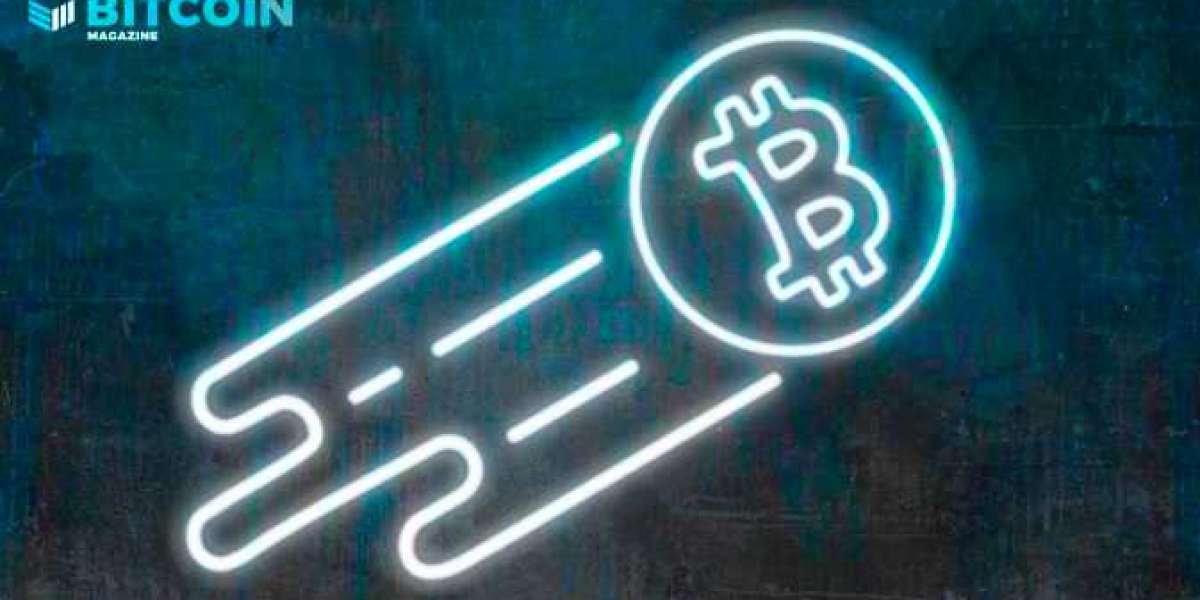The rate of inflation in the United States has fallen for the second month in a row.
The most recent report on the Consumer Price Index was released on Tuesday by the Bureau of Labor Statistics. The research revealed that the price of products increased by 8.3% on an annual basis in the month of August.
The number of 8.3% was higher than the anticipation of a slowdown to 8.1% held by economists. In comparison to the numbers from July, this represents a reduction of 20 basis points. The Consumer Price Index saw a month-over-month increase of 0.1%. According to the findings of the survey, the most significant factors that led to the overall increase in prices were the rising costs of food, medical care, and housing. Meanwhile, the price of gasoline continued its downward trend.
The markets reacted in the customary frantic manner whenever new information is released. A drop was seen in SP500, Dow Jones, and Nasdaq futures before the opening of the market in the United States. As a result of the publication, the price of bitcoin experienced a precipitous fall as well, falling by 3.3% to around $21,604 at the time of the print. Ethereum was affected more severely, falling 5.8% to a price of approximately $1,643. The fact that the print was better than expected by 40 basis points probably contributed to the selloffs that occurred.
This year, inflation has been a major issue for people in the United States and throughout the world as governments face rising costs across the board. This concern has been especially prevalent in the United States. One of the most significant contributors has been a rise in the price of energy, which can be partially attributed to Russia's invasion of Ukraine (as a result of the war, many countries have sanctioned Russia; as a result, President Putin has leveraged the country's rich energy supplies against the West, leaving Europe on the verge of its biggest energy crisis in decades). Another major contributor has been a rise in the number of people who are unemployed.
As a result of the rise in the cost of commodities, central banks all over the world have responded by increasing interest rates in an effort to control inflation. The Federal Reserve in the United States said that it might adopt a more hawkish position by the end of 2021, which sent shivers through the crypto market as well as markets around the world. Since then, the Federal Reserve has implemented additional rate increases, bringing them up to their present levels of between 2.25% and 2.5%. The Federal Reserve has stated on multiple occasions that it intends to achieve an inflation rate of 2%, and the chair of the central bank, Jerome Powell, warned of more "pain" ahead at his speech in Jackson Hole last month, which may imply that additional rate increases are on the horizon. At the FOMC meeting the following week, Powell is anticipated to announce another another increase of 75 basis points.
The CPI, the Federal Reserve, and Cryptocurrency
Over the past few months, the markets have paid close attention not only to the Fed but also to the CPI statistics. The Federal Reserve has indicated that it intends to raise interest rates, which has caused market volatility. Rising inflation numbers have also contributed to this effect. This is due to the fact that increasing interest rates makes the cost of borrowing money more expensive. This, in turn, tends to harm risk-on assets as investors flock to traditional currencies like the dollar in search of higher returns. For example, when June's consumer price index was reported to have reached a 40-year high of 9.1%, Bitcoin and Ethereum both experienced significant selloffs.
However, when the inflation numbers have been on the decline, assets such as Bitcoin have been on the rise. Similarly, and rather unexpectedly, investors have shown a positive response to the most recent increase in interest rates that the Fed has implemented. This is probably due to the fact that a rise of 75 basis points was lower than some people had previously predicted (talk of potential 100 basis point hikes has done the rounds in finance circles throughout this year).
One of the primary reasons for crypto's price decline over the past few months has been the unstable macroeconomic climate, which has been highlighted by rising prices and a hawkish Federal Reserve. In November 2021, the total market capitalization for cryptocurrencies surpassed $3 trillion at the same time that other markets reached their all-time highs; the value of the cryptocurrency market is currently closer to $1.1 trillion.
Bitcoin, which has a hard supply cap of 21 million, is frequently touted as an inflationary hedge. Inflation was an important narrative during Bitcoin's rally at the beginning of the pandemic, and it has remained central to Bitcoin's value proposition even as other crypto assets tout use cases such as smart contracts. However, it has been demonstrated on multiple occasions, most recently in this year, that it trades in conjunction with regular markets. Even while limited crypto assets such as Bitcoin constitute a bet against inflation, traditional stock prices have a tendency to react similarly to growing prices when short-term timeframes are considered. Fans of cryptocurrencies may have some time to wait before Bitcoin has its next moment in the spotlight, despite the fact that inflation may have decreased and the Federal Reserve being prepared to announce future rate hikes.
Decentral Media, Inc. makes no representation or warranty as to the timeliness, completeness, or accuracy of any information on or accessed through this website. The information that can be found on or accessed through this website is obtained from independent sources that we believe to be accurate and reliable; however, we do not guarantee or warrant that the information is accurate, complete, or timely. The company known as Decentral Media, Inc. is not a financial advisor. We do not offer individualized financial advice in the form of investment advice or any other type of financial advice. The information provided on this website may be updated at any time without prior notification. There is a possibility that some or all of the information presented on this page will become out of date, or that it will already be incomplete or wrong. Any information that is out of date, missing information, or wrong may be updated by us, but we are not bound to do so.
You should never use the information on this website as the basis for making an investment decision regarding an initial coin offering (ICO), initial exchange offering (IEO), or any other type of investment, and you should never interpret or otherwise rely on any of the information on this website as investment advice. If you are looking for investment advice on an initial coin offering (ICO), initial exchange offering (IEO), or any other type of investment, it is highly recommended that you speak with a certified investment advisor or another qualified financial professional. We do not take any kind of payment for studying or reporting on any initial coin offerings (ICOs), initial exchange offerings (IEOs), cryptocurrencies, currencies, tokenized sales, stocks, or co




Humphrey Arinze Chukwu 2 år
Good to know